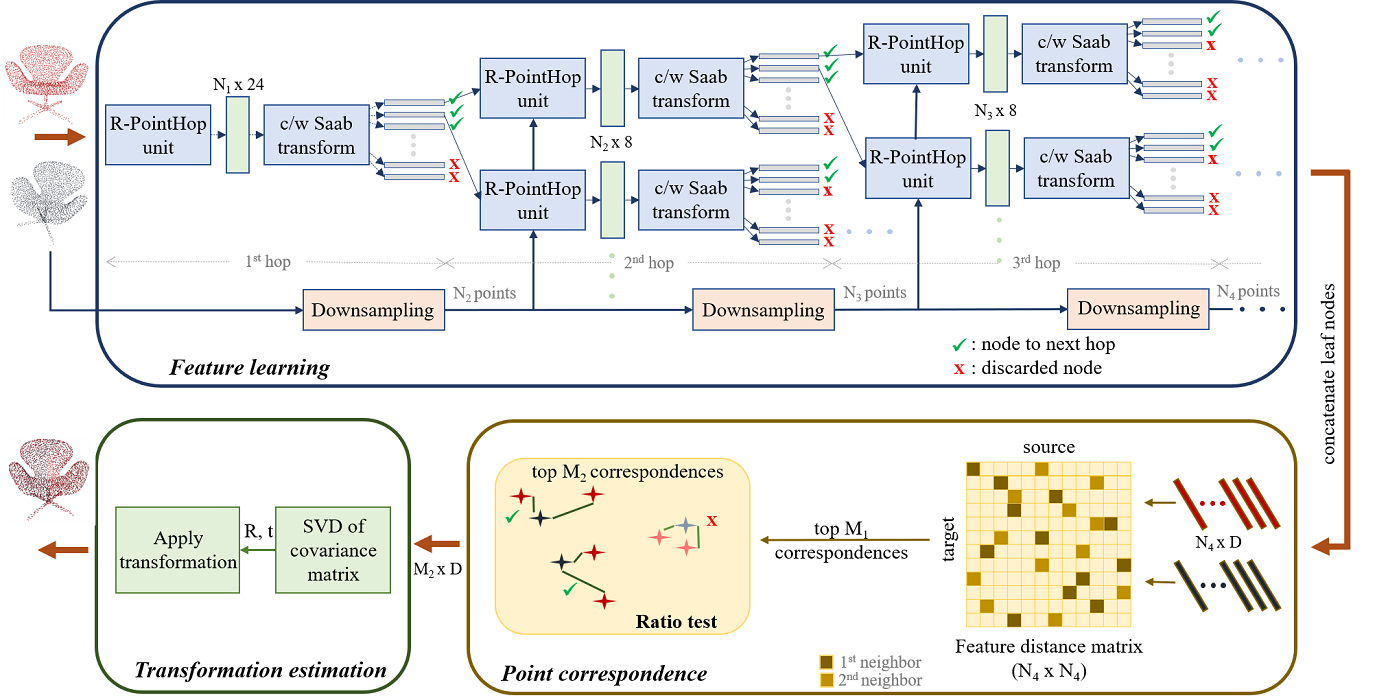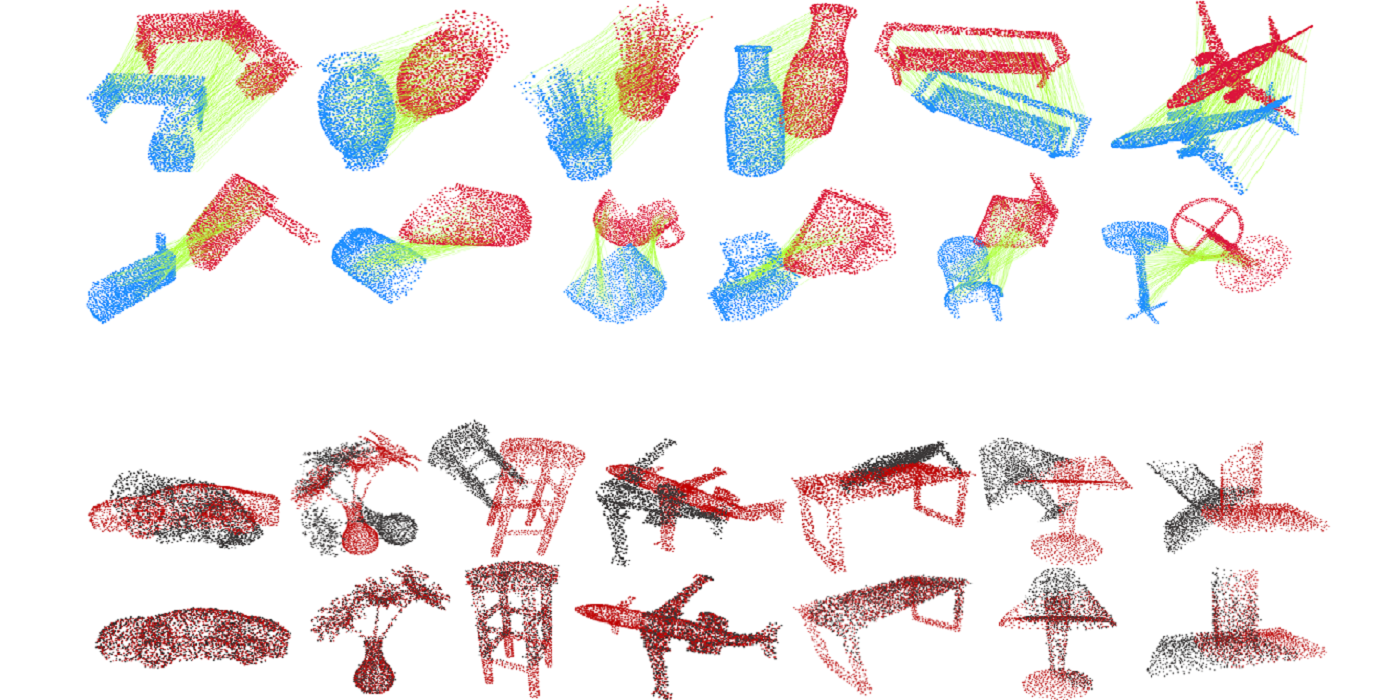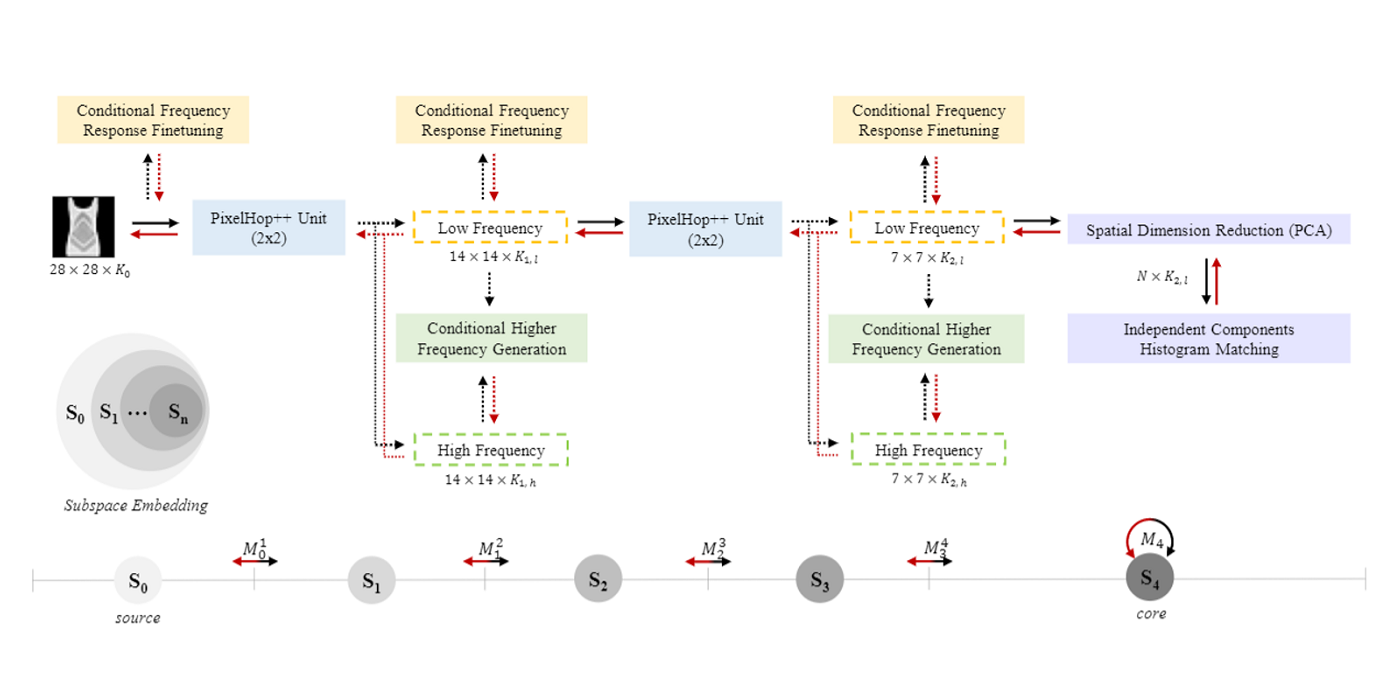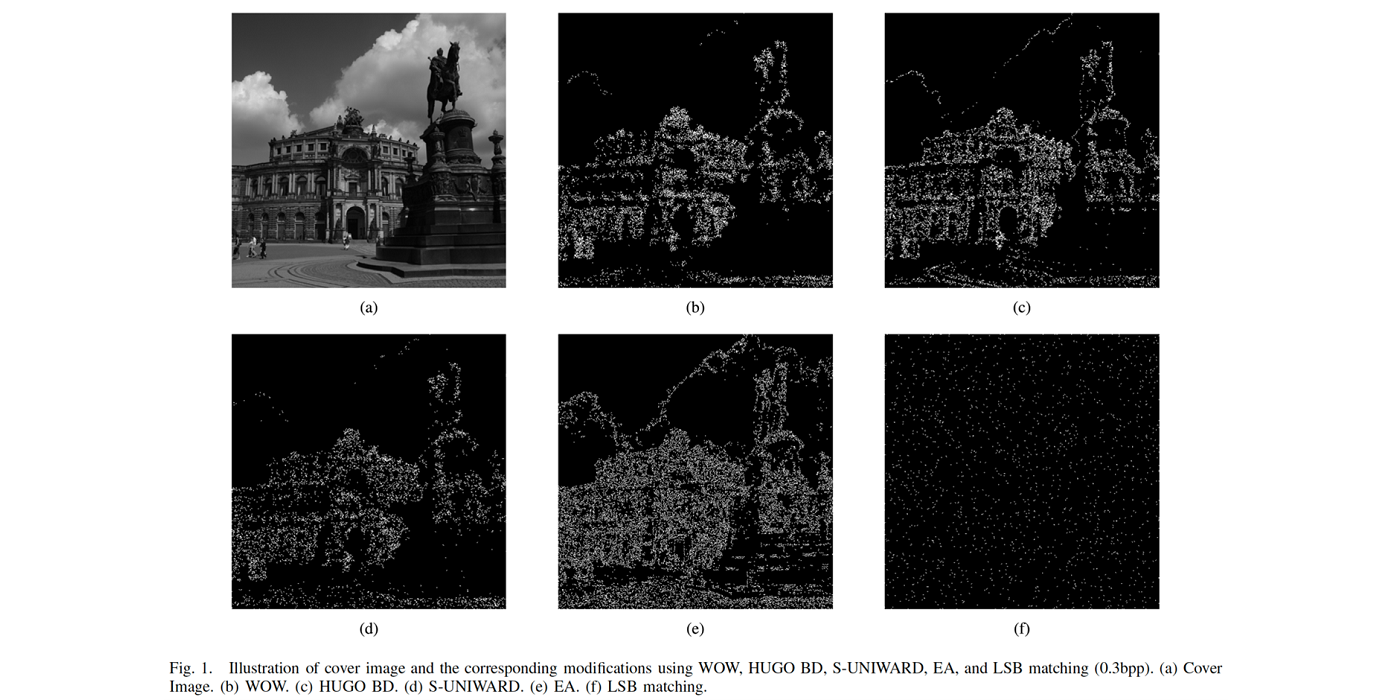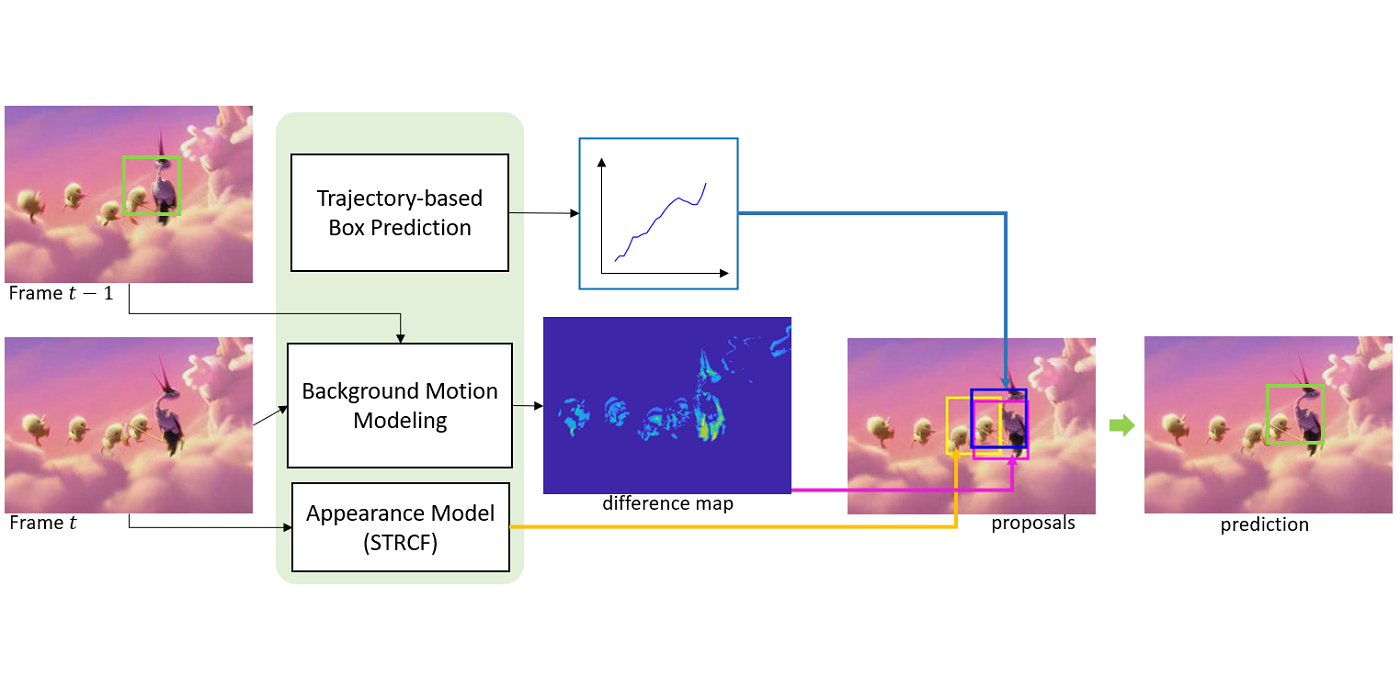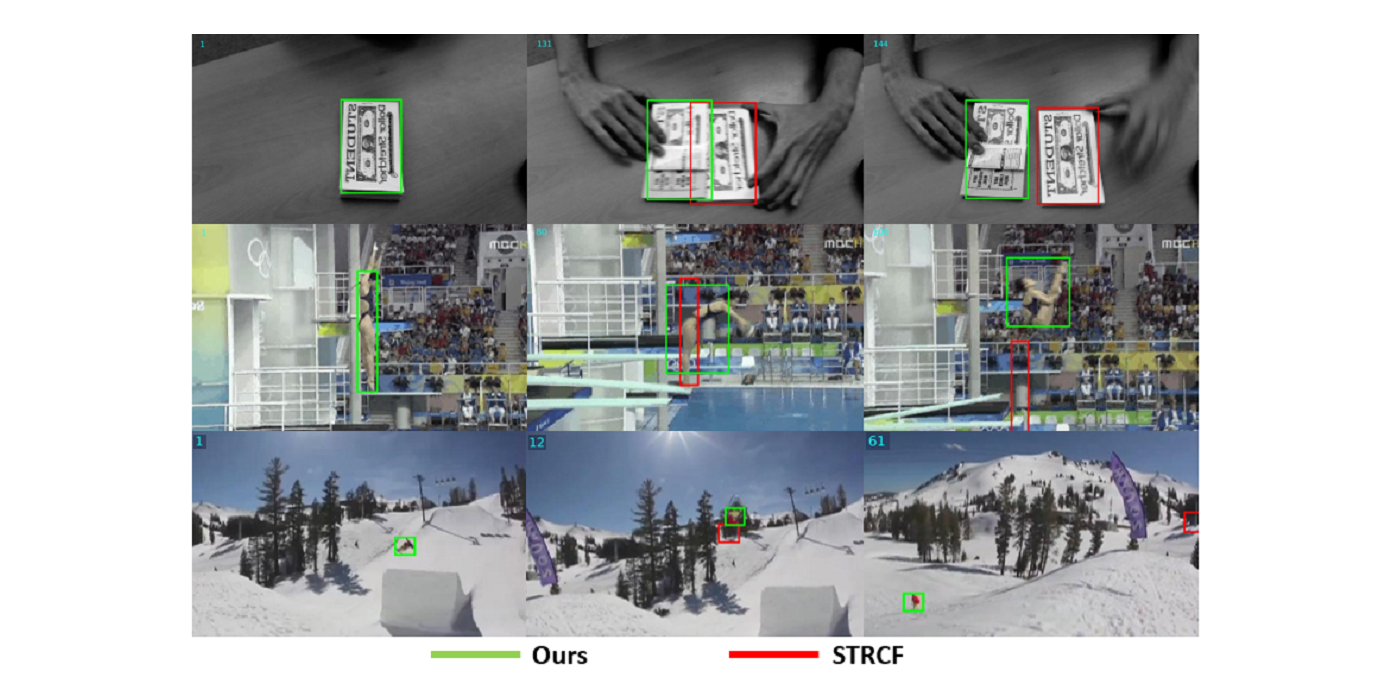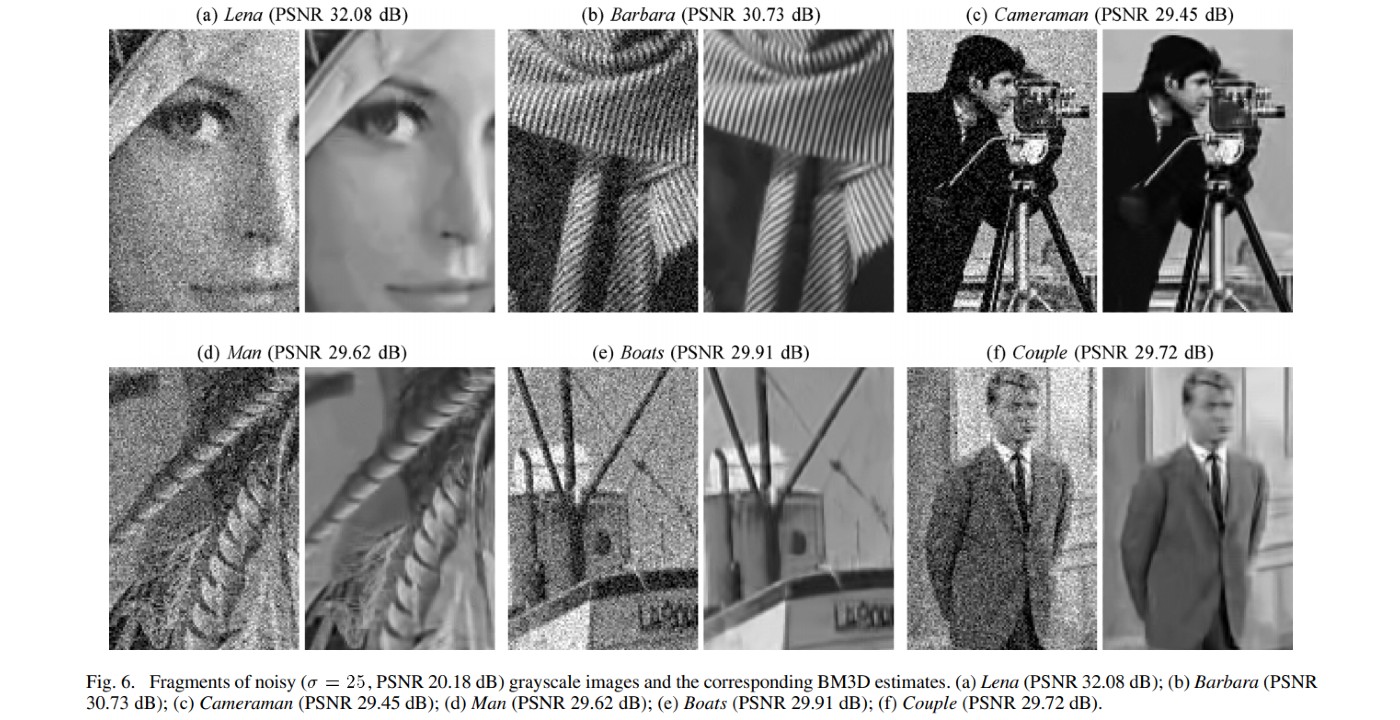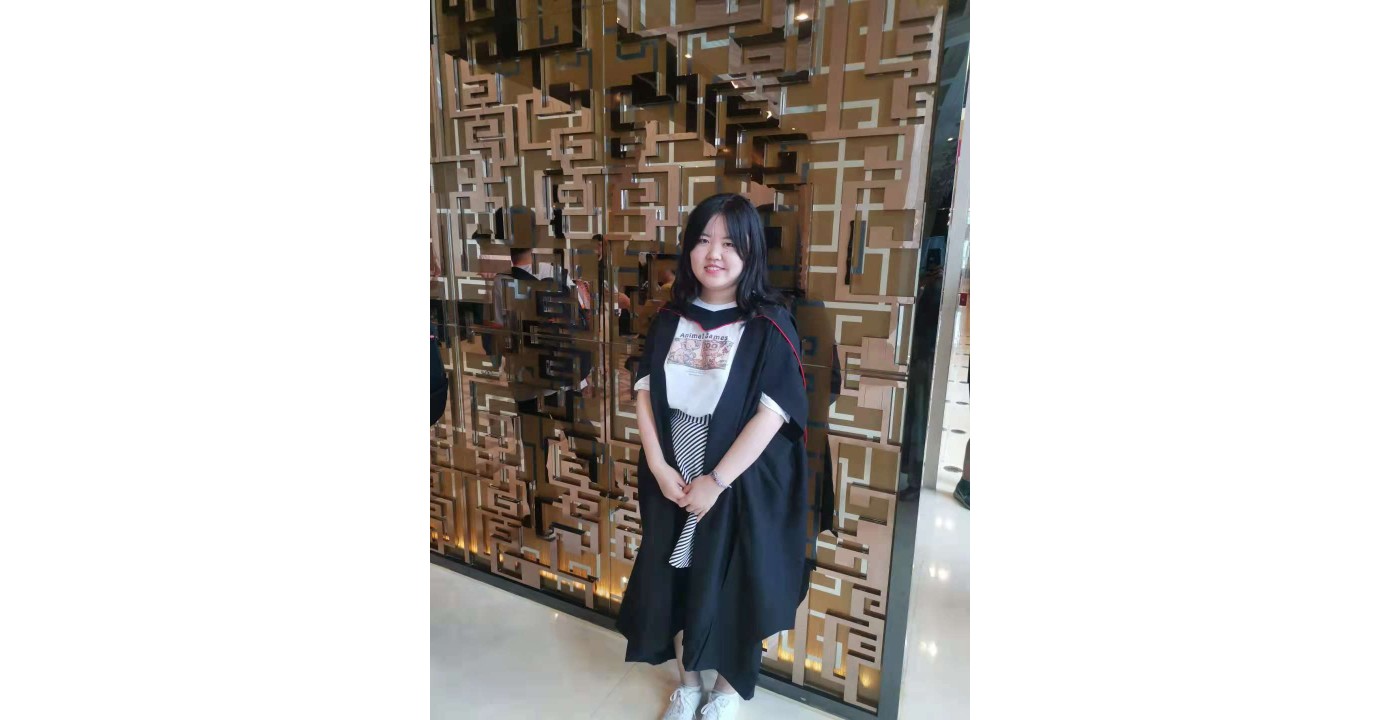MCL Research on Point Cloud Registration
3D registration is an important step in point cloud processing. Given a set of point cloud scans, registration tries to align the point clouds in one reference frame so as to get the complete 3D scene of the environment. In a simple case, given two point clouds, usually referred to as source and target, the registration algorithm finds an optimal 3D transformation that aligns the source with the target. The 3D transformation consists of rotation and translation.
The classical Iterative Closest Point (ICP) algorithm and its variants have been a popular choice for registration since many years. More recently learning-based methods have been developed for point cloud registration. These methods have resolved some issues related to traditional methods such as noise resilience, outliers, difference in sampling densities, partial views, etc. But in turn, most of these methods rely on supervision in terms of ground truth rotation matrix and translation vector.
Inspired by the Successive Subspace Learning methodology and the PointHop classification method in particular, we propose an unsupervised point cloud registration method called R-PointHop [1]. R-PointHop first finds a local reference frame (LRF) for every point using its nearest neighbors and determines its local attributes. Next, it learns local-to-global hierarchical features by point downsampling, neighborhood expansion, attribute construction and dimensionality reduction steps. Then, point correspondence are found using nearest neighbor rule in the hierarchical feature space. Later, a subset of good correspondence is selected to estimate the 3D transformation. The use of LRF allows for the point features to be invariant with respect to rotation and translation, thus making R-PointHop more robust even in presence of large rotation angles. Experiments on the ModelNet40 and the Stanford Bunny dataset demonstrate the effectiveness of R-PointHop on the 3D [...]

